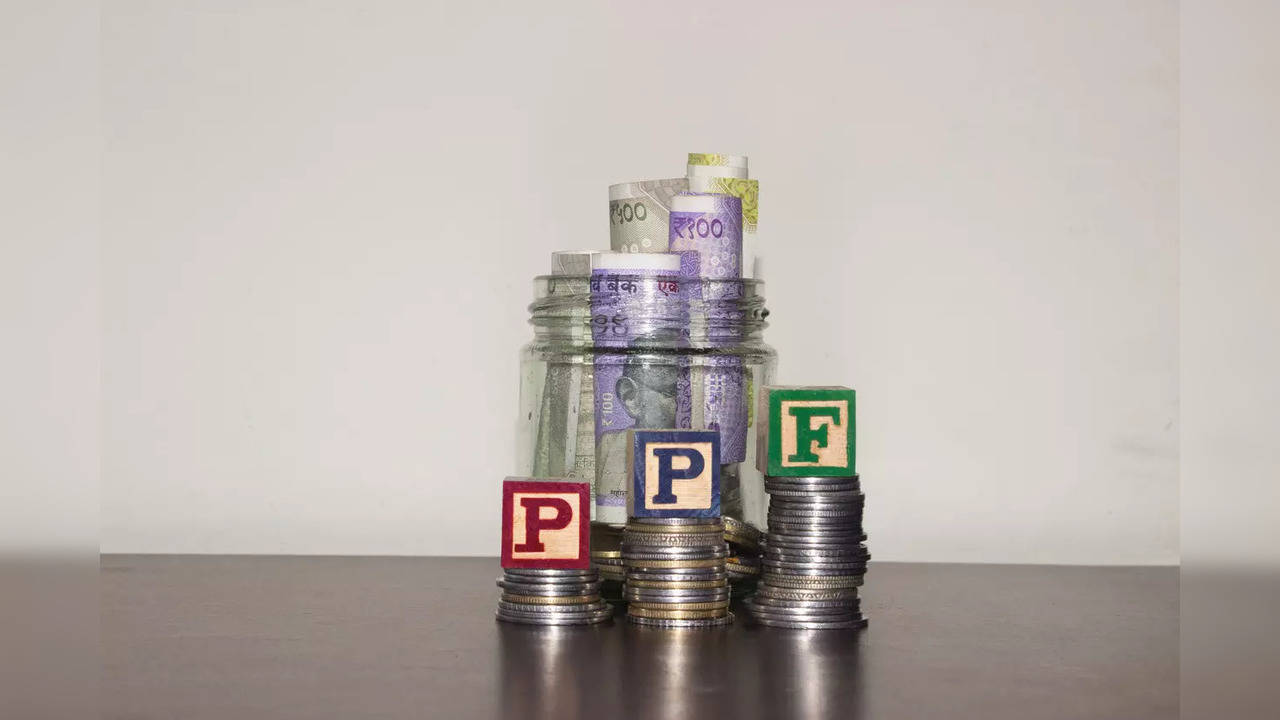Why PPF is one of the most preferred tax saving investments; know the reasons
PPF interest rate is often not far behind the EPF rate, however, there have only been a few occasions when the PPF interest rate was higher than the EPF rate.

Why PPF is one of the most preferred tax saving investments; know the reasons
Photo : iStock
When it comes to tax-saving instruments, Public Provident Fund (PPF) is one of those options that is very popular among investors. Take a look at many reasons why the PPF is a preferred fixed income, tax-saving investment option for long-term goals like retirement.
Triple tax exemption
PPF is one of the few investment instruments that has the benefit of triple tax exemptions, i.e., the exempt-exempt-exempt (EEE) status. What this mean is that you get tax exemption at the time of investment, accrual, and withdrawal.
PPF offers up to Rs 1.5 lakh deduction on investment made in each financial year under section 80C of the Income-tax Act, 1961. The interest that is earned each year is also exempted from tax. Thirdly, the total corpus that you get on maturity is also free from tax which makes it a tax-free income.
Highest interest rates among fixed income products
The PPF is an investment product that even self-employed people can invest. The current interest rate on PPF is 7.1%, which is higher than interest rate on other small savings schemes like the National Savings Certificate (NSC) and Post Office 5-year Time Deposit.
PPF interest rate is often not far behind the EPF rate, however, there have only been a few occasions when the PPF interest rate was higher than the EPF rate.
Beneficial as PPF has floating rates
One of the many reasons why the PPF scores over products like the 5-year tax-saving bank FD is that it has floating rates. Unlike fixed deposits, where the interest rate is fixed for the entire investment period, the interest rate of PPF is floating which can change every quarter. Once the overall interest rate in the economy starts increasing the interest rate on PPF will also rise and your investment will start fetching higher returns.
Power of compounding works wonders in long term
If you give your money time to grow, the power of compounding can do wonders for your investment. A PPF account matures in 15 years. After the account matures, you can either withdraw the entire balance and close the account or extend it for five years with or without making further contributions. The extension in blocks of five years can be done indefinitely.
Tax haven for conservative investors
If you are a conservative investor looking for tax saving with assured return and safety of your investment, then PPF is one of the safest and best options. When at present most of the large banks are giving 5.5% or lower interest rate on their 5-year tax saving FDs, the interest rate offered on PPF certainly comes with a good premium.
A must have for investors in highest income tax bracket
The section 80C benefit may not be relevant for most investors in the highest income tax bracket as they have other avenues to utilise such as EPF, children’s education fee, home loan principal, term insurance premium etc. However, the tax exempted nature of return makes PPF a far more appealing option especially when any income is taxed at a rate of 30% or more.
Trending:
End of Article
Subscribe to our daily Newsletter!
Related News





Motilal Oswal Group Announces Prateek Agrawal As New MD And CEO

LTIMindtree Q4 Results 2024: IT Company Announces Massive Dividend - Know Amount And Other Details

'Intimidation, Harassment...': Zilingo's ex-CEO Ankiti Bose files complaint against Her Co-founder, former COO

RBI Extends Deputy Governor T Rabi Sankar's Term By A Year

Another Tata IPO on Cards This Year; Leading Conglomerate Tata Group Begins Preparations








